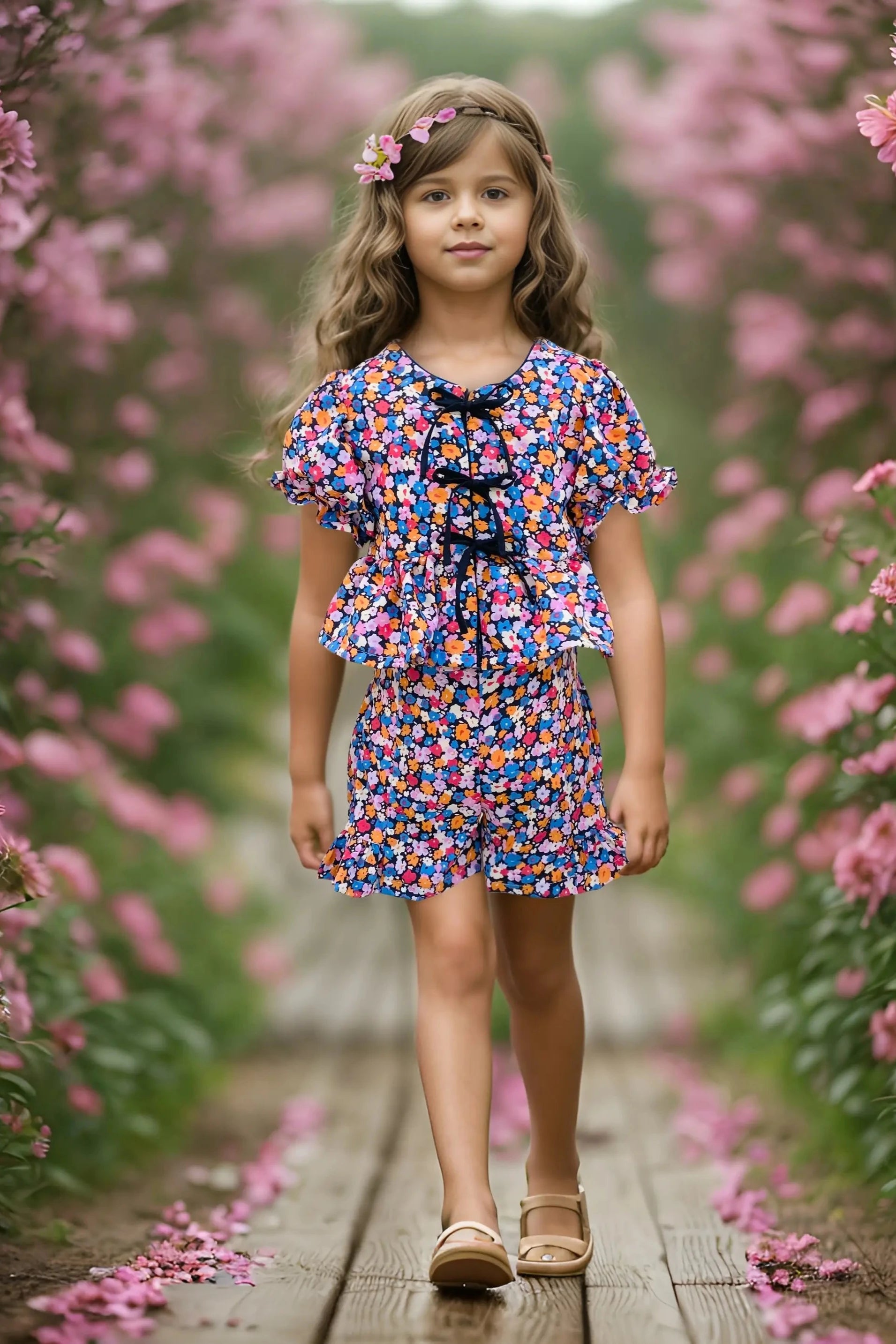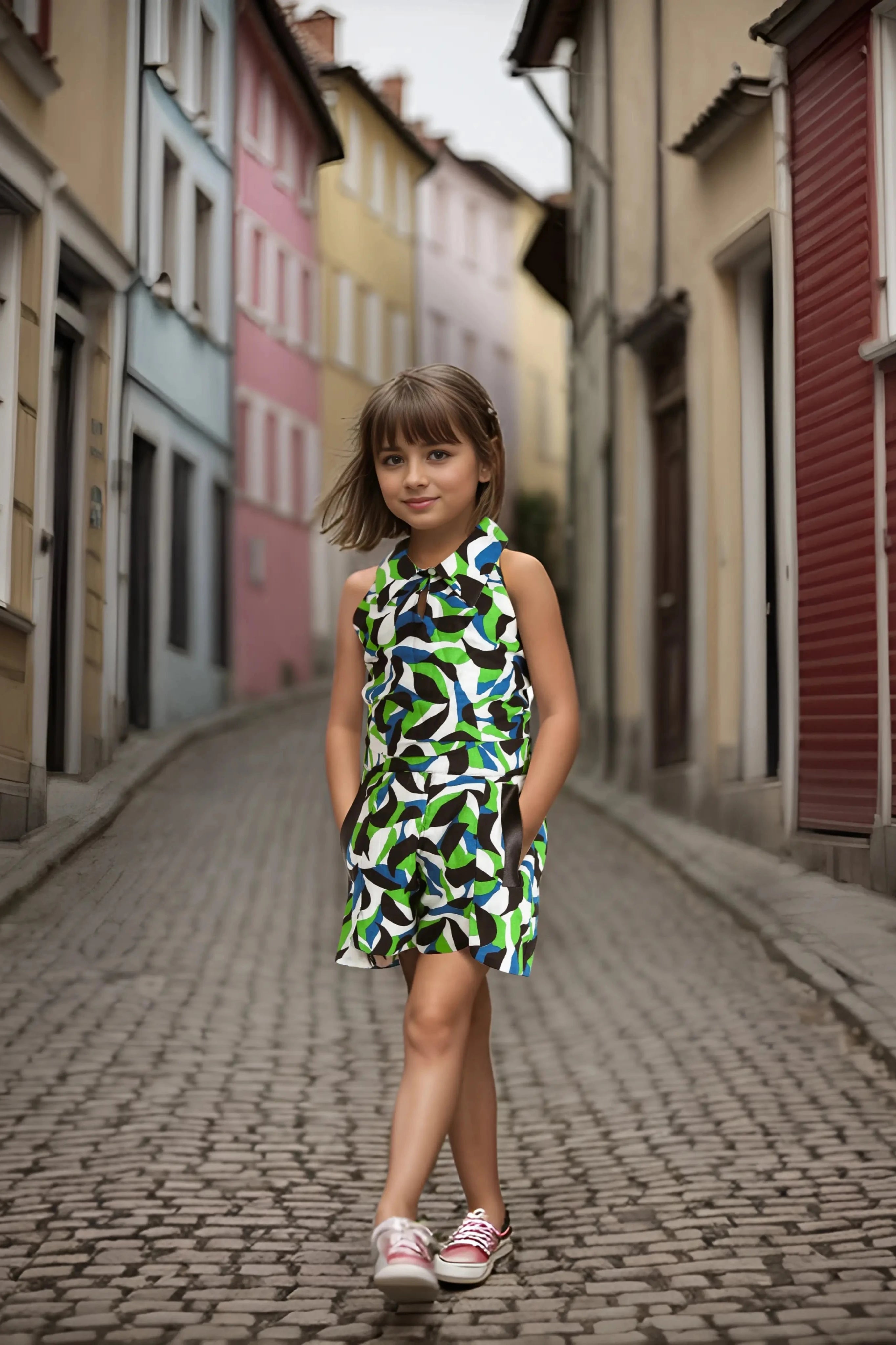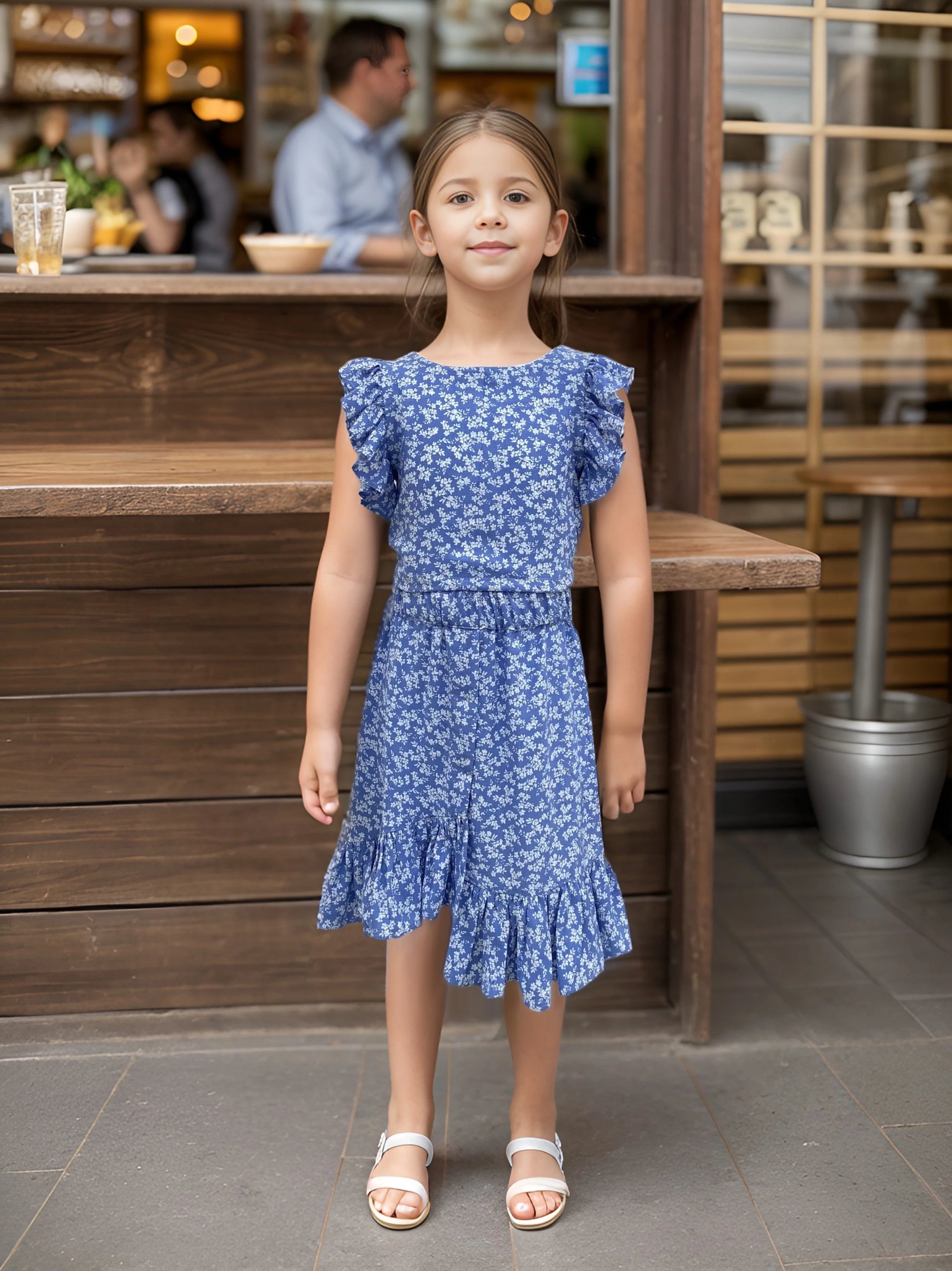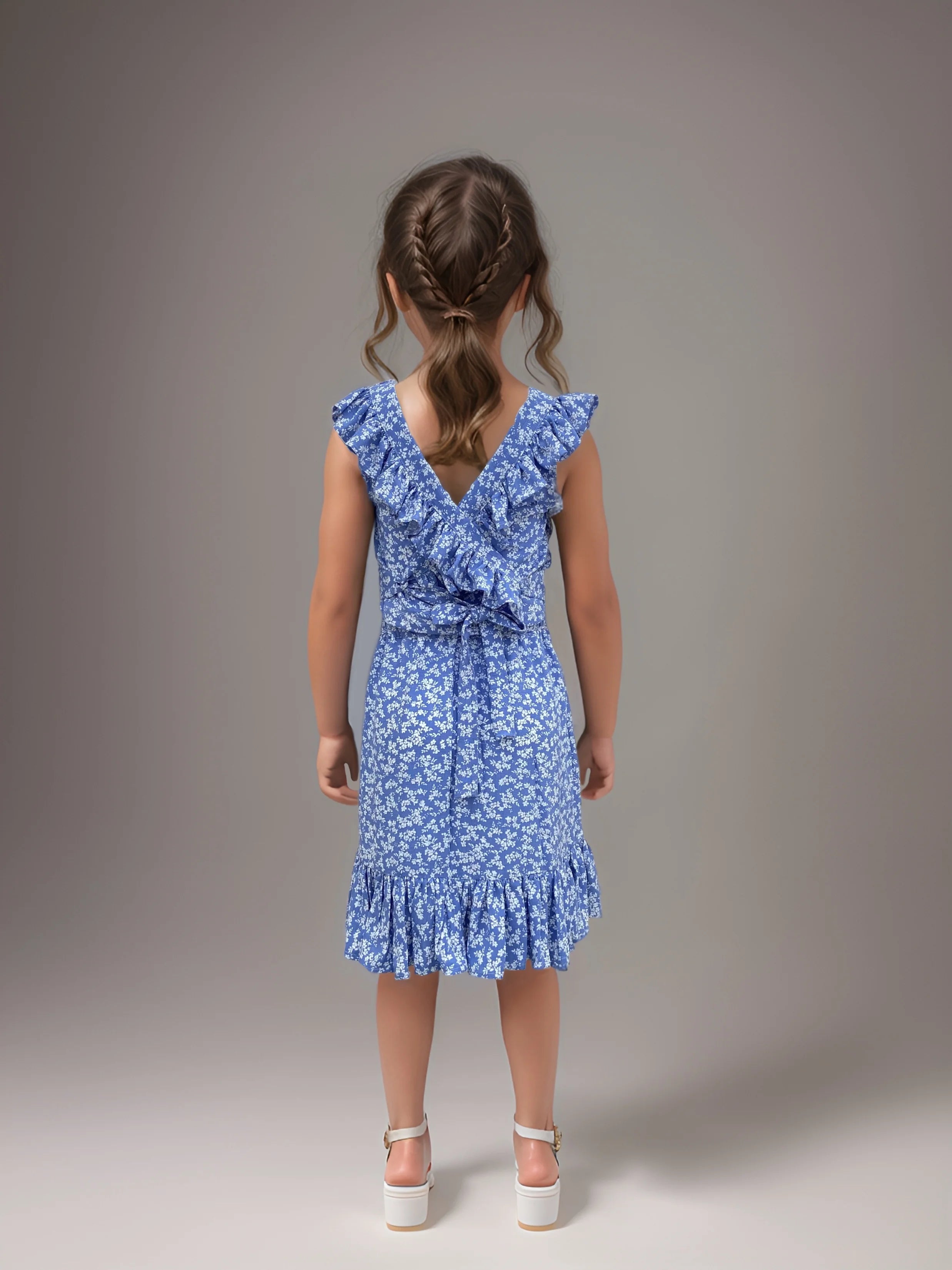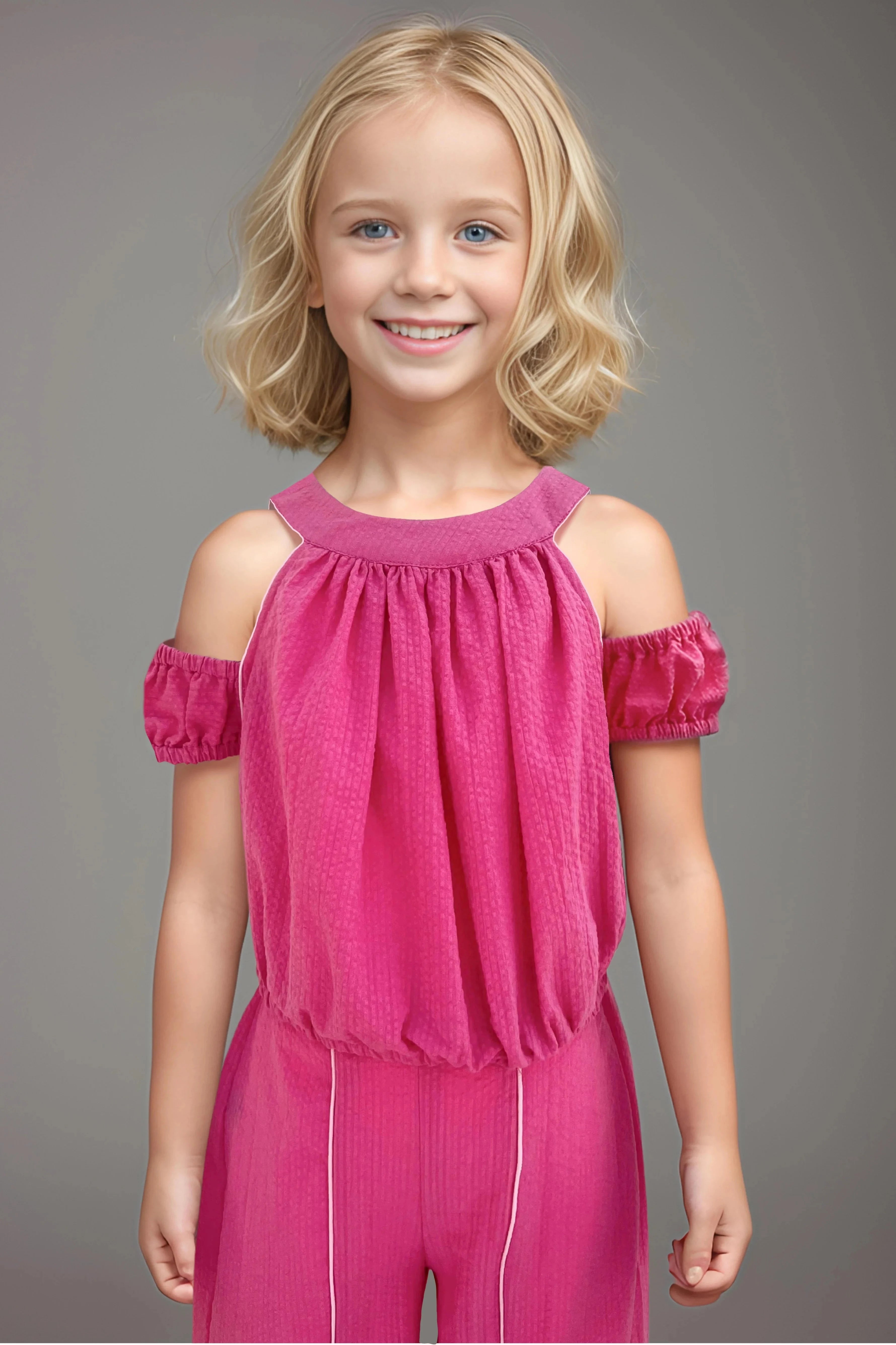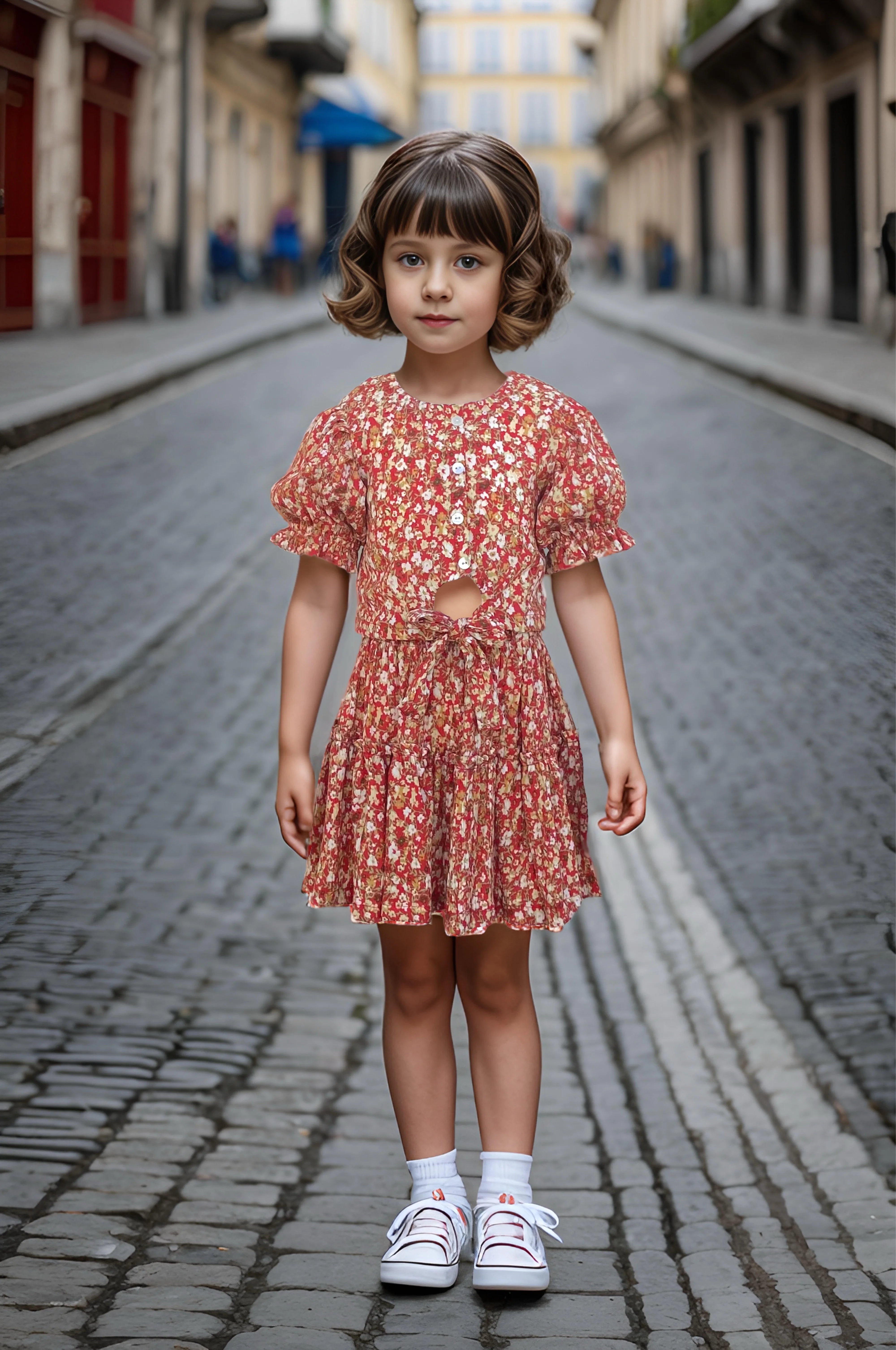Dealing with Childhood Anxiety (Doctor's Advice)
Childhood anxiety is a prevalent concern that demands our attention as caregivers, educators and caregivers. In a world that can be overwhelming for young minds, it's crucial to make ourselves ready with effective strategies to help children navigate and overcome anxiety. “There are various reasons that can cause anxiety in kids. There can be a lot of different reasons why children will worry and that will also differ by their age. Separation anxiety is a normal developmental stage that happens for all babies at around six months of age and that's totally normal.” says, Dr Jessica Tearne, a clinical psychologist and Child health researcher .

Understanding Childhood Anxiety
Before diving directly into solutions, it's essential for us to know what exactly childhood anxiety means. Anxiety in children can manifest in various ways – from excessive worry and fear to physical symptoms like stomach aches or headaches. Recognizing the signs are the most important step in providing the necessary support. Here are a few ways we can help children deal with anxiety and be more resilient.
Communication is the bedrock of addressing childhood anxiety. Create an atmosphere where children feel safe expressing their feelings without judgment. Regular checkups, open-ended questions, and active listening help develop trust in children. By creating such an environment, caregivers gain insights into a child's emotional state and concerns, enabling them to provide necessary support. “Talking about what anxiety is, what that might be like for your child and working out what their triggers are. The goal is not to get rid of anxiety, that's unrealistic, all children will be anxious. It's to help your child understand that they can tolerate and manage the distress associated with anxiety.” advises Dr Jessica Tearne.
Understanding the specific triggers that cause anxiety in a child is extremely crucial. Pay attention to situations, events, or even certain people that seem to provoke anxious feelings. This awareness empowers caregivers to strengthen their approach and implement targeted coping strategies. It's not about avoiding triggers but about developing the tools to manage and overcome anxiety when it arises.
Practical coping strategies are invaluable tools in the journey to alleviate childhood anxiety. Teaching children techniques such as deep-breathing exercises, progressive muscle relaxation, or guided imagery empowers them to regulate their emotions in real-time. Introduce these techniques during calm moments, allowing children to familiarize themselves with these coping mechanisms and apply them when anxiety surfaces. Creating a "calm down kit" with items or activities that bring comfort such as a favorite toy, a soft blanket, or a journal for expressing feelings can provide a sense of security.
A child's overall well-being significantly influences their ability to cope with anxiety. Encourage a balanced lifestyle comprising regular physical activity, a nutritious diet, and sufficient sleep. Foster an environment that promotes outdoor play, sports, or other enjoyable physical activities to help channel anxious energy into positive outlets. “Don't help your child avoid things just because it makes them anxious helping children avoid the things they're afraid of will make them feel better in the short term but it reinforces the anxiety over the long run” says Grace Berman, a psychotherapist.
A comprehensive approach to childhood anxiety requires collaboration between parents and educators. Schools can play a pivotal role in creating supportive environments that recognize and address anxiety issues. Regular communication with teachers and school counselors ensures a consistent approach that reinforces coping strategies both at home and in the educational setting. “Untreated anxiety in early childhood can lead to depression. By adolescence it can also contribute to substance abuse and to suicidality.” says Youth Anxiety Psychologist Anne Marie Albano.
Mindfulness practices offer a great support in managing childhood anxiety. It is important to introduce simple mindfulness exercises into daily routines, such as mindful breathing or short moments of reflection. These practices enhance self-awareness and emotional regulation, empowering children to navigate challenging situations with greater resilience.
It's crucial to recognize that there is no specific solution to deal with anxiety. Each child is unique, and understanding their individual needs is key to providing effective support. Some children may benefit from artistic expression, while others connect with nature. Find your approach based on the child's preferences and strengths. “If a parent is really worried about their child's levels of anxiety and they think they are getting to a point where they're getting in the way of their child living out their everyday life, there are definitely lots of places to seek help.” Says Dr Jessica
Creating a nurturing environment is fundamental to dealing with childhood anxiety. This involves not only implementing practical strategies but also building a sense of security and unconditional support. Encourage positive affirmations, celebrate small victories, and emphasize that it's okay to seek help when needed. “The best way to help our kids overcome anxiety is to help them learn how to tolerate it as well as they can also learn to deal with the anxiety. By doing this we can see that over time, the anxiety will diminish.” advices Grace Berman
By combining emotional encouragement, practical coping mechanisms, and a nurturing atmosphere, we empower children to not only cope with anxiety but also build resilience. Resilient children are better equipped to face life's challenges, developing the skills to adapt and thrive in the face of adversity.
Childhood anxiety is a complex and nuanced challenge, but with a comprehensive and compassionate approach, we can make a significant impact. By building open communication, identifying triggers, teaching practical coping strategies, prioritizing holistic well-being, fostering collaboration, and creating a nurturing environment, we pave the way for resilient, emotionally intelligent, and confident individuals. Together, let's create a supportive community where our children feel understood, supported, and capable of overcoming the challenges of anxiety.




















